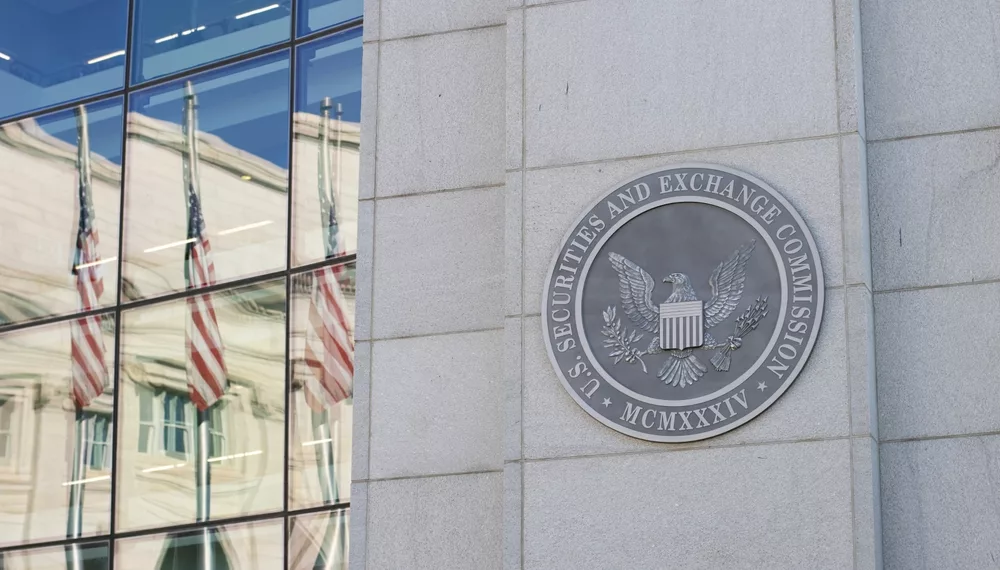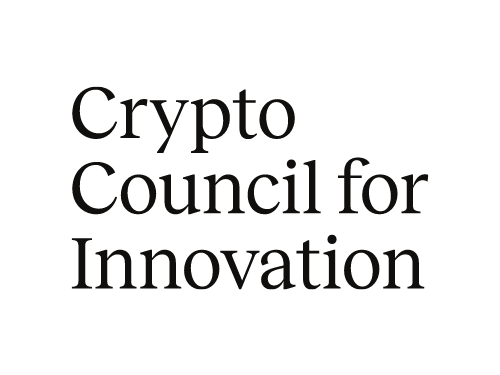
Summary:
- The Crypto Council for Innovation filed a joint amicus brief with the Blockchain Association, Chamber of Progress, and Consumer Technology Association in support of Coinbase’s motion for judgment on the pleadings.
- This “friend of the court” document aims to help inform the decision-making process by providing an articulation of guiding legal precedent and conclusive, fact-based findings.
- It states that the U.S. Securities and Exchange Commission (SEC) is attempting to rewrite the longstanding legal definition of “investment contract” to extend its powers without proper Congressional authorization.
- The major questions doctrine forecloses the SEC’s attempt to rewrite “investment contract.”
- Accepting the SEC’s sweeping view would work an unprecedented expansion of its authority and extend its reach into every corner of the American economy.
Blockchain technology has emerged as a transformative force, reshaping industries with its distributed ledger capabilities. A blockchain is a decentralized database maintained across multiple computers to record and verify data. Its applications span identity verification, supply chain management, and digital assets, the focus of our discussion.
Digital assets are underpinned by instant, verifiable transactions and enable access to vital financial services for people globally. However, the landscape has been clouded by SEC’s stance, asserting that most digital assets on secondary markets are “investment contracts.”
In this blog post, we will delve into the intricacies of this issue highlighted in the amicus brief filed by the Crypto Council for Innovation, Blockchain Association, Chamber of Progress, and the Consumer Technology Association. We will also examine the SEC’s flawed interpretation, the unfortunate challenges it poses, and the potential ramifications for the burgeoning digital asset industry.
Defining Digital Assets and Highlighting the SEC’s Overreach
Digital assets represent a significant milestone in the world of finance, offering financial opportunity and accessibility to a broader audience. However, the SEC has taken a novel stance by asserting that nearly all digital assets on secondary markets are “investment contracts” under federal securities laws, even if these transactions entail no ongoing contractual obligations.
This interpretation departs from established understanding of “investment contracts,” which historically referred to business ventures managed for investors’ benefit, often involving contractual obligations for post-sale activities conducted by a centralized management team.
The crux of the SEC’s position lies in the concept of an asset’s value appreciation based on overly broad application of the “entrepreneurial or managerial efforts of others.” The SEC contends that if an asset’s value increase derives in any way from these efforts, it automatically qualifies as an “investment contract.” This interpretation threatens to encompass a wide array of commodities and conventional assets that are clearly not securities, potentially extending the SEC’s influence far beyond the confines of the digital asset industry.
Challenges and Concerns with the SEC’s position
The SEC’s attempt to exert jurisdiction over digital assets clashes with established legal precedent and Congressional authority to regulate emerging industries. This assertion marks a significant departure from the traditional concept of “investment contract,” potentially encroaching on industries like fashion and collectibles where consumers might buy coveted items with the anticipation of future value increases based on the manufacturer’s efforts.
The term “investment contracts” refers generally to contractual promises to manage a venture for the investor’s benefit. The sale of land, for example, is an investment contract if coupled with a promise to develop orange groves on it for the buyer’s profit. But a sale of land by itself is not an investment contract, and it is not subject to SEC oversight. That is for good reason, as a typical asset sale does not involve the kind of information asymmetry between management and investor that the securities laws exist to correct and that is essential for informed price discovery.
In its overbroad effort to assert jurisdiction over digital assets, the SEC seeks to cast aside the nearly century-old understanding of “investment contract” and usurp Congress’s authority to decide how to regulate a burgeoning new industry, even though the SEC has repeatedly disclaimed such authority in the past. According to the SEC today, an “investment contract” need not involve a contract at all, let alone any clear post-sale obligation to develop the asset in a profitable way and in a way that gives clear rights to investors. Instead, in the SEC’s view, any asset that a buyer purchases with the expectation that its value will go up based effectively on any “entrepreneurial or managerial efforts of others” is an “investment contract.”
Such an expansive interpretation poses the risk of granting the SEC unprecedented regulatory authority, reaching into various corners of the economy. The situation raises concerns of regulatory overreach and the violation of separation of powers principles. Courts have historically required clear legislative intent when delegating significant economic and political decisions to regulatory bodies. In fact, Congress is currently contemplating several pieces of legislation on this very issue. The SEC’s current stance completely disregards this.
The Major Questions Doctrine and Legal Framework
The scenario at hand invokes the “major questions doctrine” that provides that Congress does not assign an agency with decision making powers on issues with vast economic and political implications. After all, in a system of separated and democratic powers, a reasonably informed interpreter would expect Congress to legislate on ‘important subjects’ while delegating away only the details. The Constitution gave Congress legislative powers in the U.S., not administrative agencies. The major questions doctrine demands particular “skepticism” when an agency claims to have discovered in “a long-extant statute an unheralded power to regulate ‘a significant portion of the American economy.’
Simply put, when Congress has considered and rejected a request to expand an agency’s powers, the agency cannot then claim that it has actually possessed the denied powers all along. For example, in Brown & Williamson, the Supreme Court refused to sanction a late-breaking effort by the FDA to regulate tobacco that was “[c]ontrary to [the agency’s] representations to Congress since 1914.” 529 U.S. at 159. And in Utility Air, the Court was deeply skeptical of the EPA’s claim to have discovered “newfound authority” in the Clean Air Act that empowered it to regulate greenhouse-gas permits for “millions of small-sources—including retail stores, offices, apartment buildings, shopping centers, schools, and churches.”
The SEC’s attempt to rewrite the longstanding interpretation of “investment contract” to empower it to regulate a massive new industry based on technological underpinnings distinct from traditional assets runs head-on into the major questions doctrine. In seeking to regulate the sale of nearly all digital assets on secondary markets, the SEC “claims to discover in a long-extant statute an unheralded power” that would work a “transformative expansion in [its] regulatory authority.”
The SEC’s attempt to regulate the sale of digital assets on secondary markets falls squarely into this category, as it seeks a transformative expansion of its jurisdiction.
A fundamental issue arises in the lack of legislative backing for the SEC’s sudden revised interpretation. The term “investment contract” has existed since the Securities Act of 1933 and the Exchange Act of 1934, and its historical understanding reflects a narrower scope than the SEC now advocates. Notably, until recently, the SEC refrained from regulating digital asset sales on secondary markets. This shift contradicts the legislative intent, especially given that alternative regulatory bodies like the U.S. Commodity Futures Trading Commission (CFTC) already has key existing authorities, with current legislative proposals seeking to potentially expand this jurisdiction.
Conclusion
The SEC’s attempt to classify most digital asset transactions sold on secondary markets as “investment contracts” has no basis in law. This novel and flawed position challenges statutory text, history, legal precedent, and common sense. The overreach of this interpretation extends far beyond the digital asset industry, creating potential uncertainty for various markets and industries. That the SEC has sought to claim this authority in service of regulating the entire digital asset industry is particularly remarkable given that Congress has not granted the agency the very authority it is trying to claim. This attempt by the SEC, without clear congressional authorization, must be rejected.

























